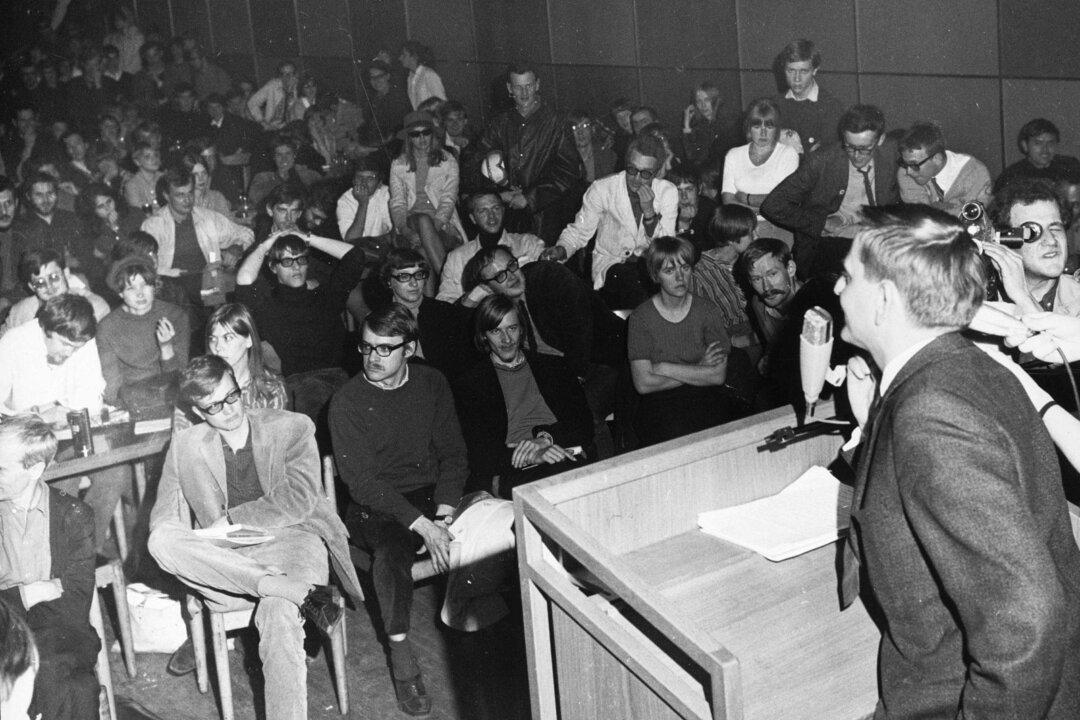Commentary
Apparently, the youth of today are a surly lot. Which maybe you knew already. But a new Angus Reid/Cardus survey says at least in Canada they’re also nihilists. It seems the adults have failed them badly.

Apparently, the youth of today are a surly lot. Which maybe you knew already. But a new Angus Reid/Cardus survey says at least in Canada they’re also nihilists. It seems the adults have failed them badly.